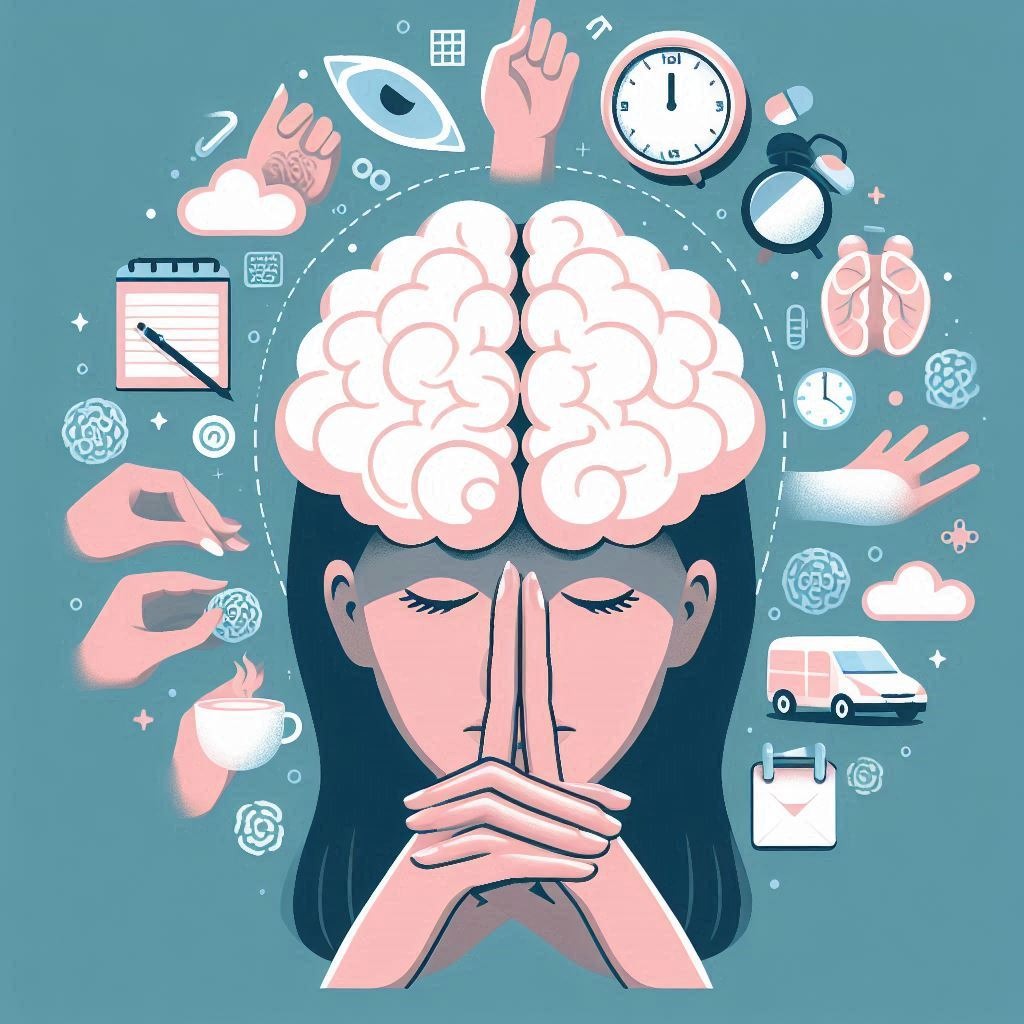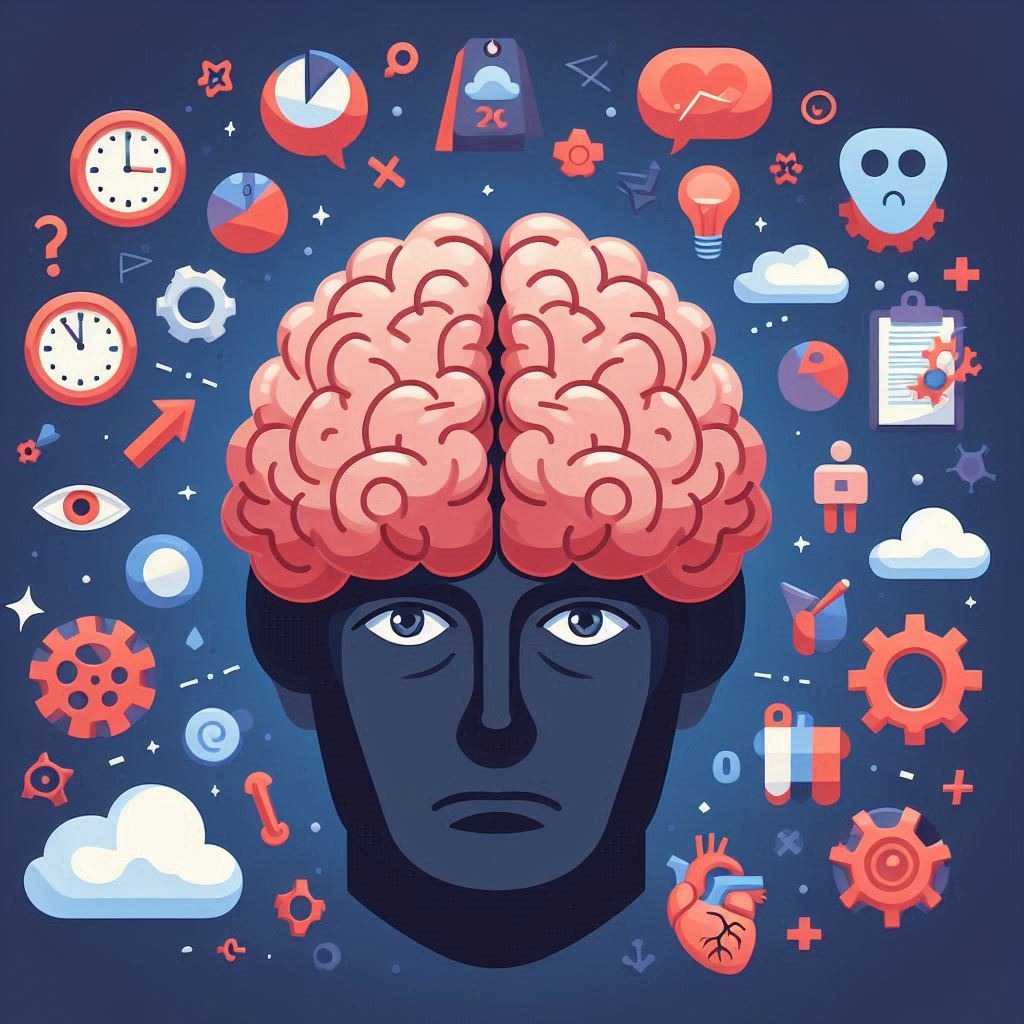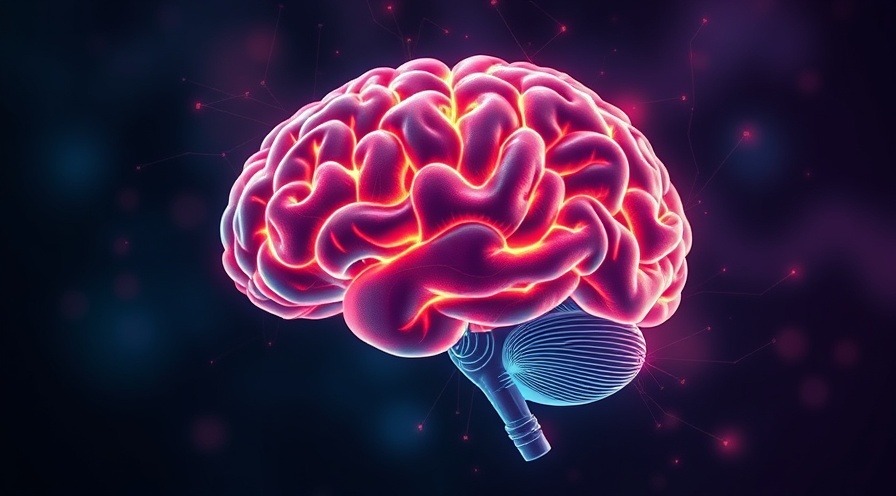
Brain Fog Be Gone: 7 Daily Habits to Think Clearer and Get More Done
Kickstart your mental clarity with simple, science-backed daily brain boost tips
🧠 Tired of Feeling Like Your Brain Is Buffering?
You open the fridge and forget why. You reread the same sentence five times. You start five tabs and finish none. If your brain feels like it’s on dial-up in a 5G world, welcome to the fog.
But good news: You don’t have to drown in it. These 7 daily habits are your shortcut to a mental reboot—no caffeine overload or 3AM anxiety spirals required.
1. Hydrate or Hibernate: Drink Water First Thing
Before coffee. Before email. Before the chaos. Hydrate.
Dehydration shrinks brain tissue and messes with mood, memory, and alertness. According to the Journal of Nutrition, even mild dehydration can cause headaches, fatigue, and—you guessed it—brain fog.
Brain Boost Tip:
Keep a full glass of water next to your bed and down it when you wake up. Bonus: Add lemon for a dose of Vitamin C.
2. Morning Movement = Mental Mojo
A brisk 10-minute walk boosts blood flow to the brain, improving focus and creativity. No need for CrossFit (unless that’s your jam).
A Harvard Health report shows regular exercise increases hippocampus size—the brain's memory center (Harvard Health, 2019).
Brain Boost Tip:
Stretch, walk, or dance it out. Your brain doesn’t care if you're in gym gear or pajamas.

3. Eat a Brain-Loving Breakfast
Skip the sugar crash. Go for protein + healthy fat + fiber.
Think eggs with avocado, oatmeal with berries, or Greek yogurt with walnuts.
According to Frontiers in Human Neuroscience, omega-3s and B vitamins support cognitive health and reduce mental fatigue.
Brain Boost Tip:
Prep it the night before. A foggy brain doesn't meal plan.
4. Practice the Power Pause (aka Mindfulness)
Just 5–10 minutes of mindfulness per day improves working memory and mental clarity.
A study from Psychological Science found mindfulness training boosted GRE test scores and focus in students (Mrazek et al., 2013).
Brain Boost Tip:
Use an app like Headspace or just sit still, breathe, and be. Your to-do list will survive.
5. Brain Dump Before Bed
Racing thoughts? That's your brain trying to finish 18 open tabs.
Writing things down before sleep clears mental clutter and improves sleep quality—key for cognitive performance.
Brain Boost Tip:
Keep a notepad by your bed. Dump your worries, wins, and tomorrow’s top 3 tasks.

6. Limit the Digital Dopamine Hits
Constant screen scrolling hijacks attention and messes with memory.
According to Nature Communications, heavy tech use changes white matter structure in the brain, impacting focus and emotional regulation (Takeuchi et al., 2015).
Brain Boost Tip:
Try a “tech-free” hour—no phone, no screens, just real life. Wild, I know.
7. Fuel Focus with the Right Sounds
Instrumental music, ambient noise, or “brown noise” can improve focus without distraction.
Journal of the Acoustical Society of America confirms music boosts cognitive performance during low-attention tasks (Ritter & Ferguson, 2017).
Brain Boost Tip:
Use playlists designed for focus (Brain.fm, Deep Focus on Spotify, etc.). Skip the lyrics if you need to think.

Final Thoughts: Your Brain Wants a Routine, Not a Rescue
Brain fog isn’t just frustrating—it’s a sign your mental system is overloaded.
But small daily changes can reboot your focus, boost your mood, and help you get more done (without feeling like your brain is wrapped in cotton).
Remember: You don’t need to overhaul your life. You just need to start with one habit. Today.
 Add Row
Add Row  Add
Add 




Write A Comment